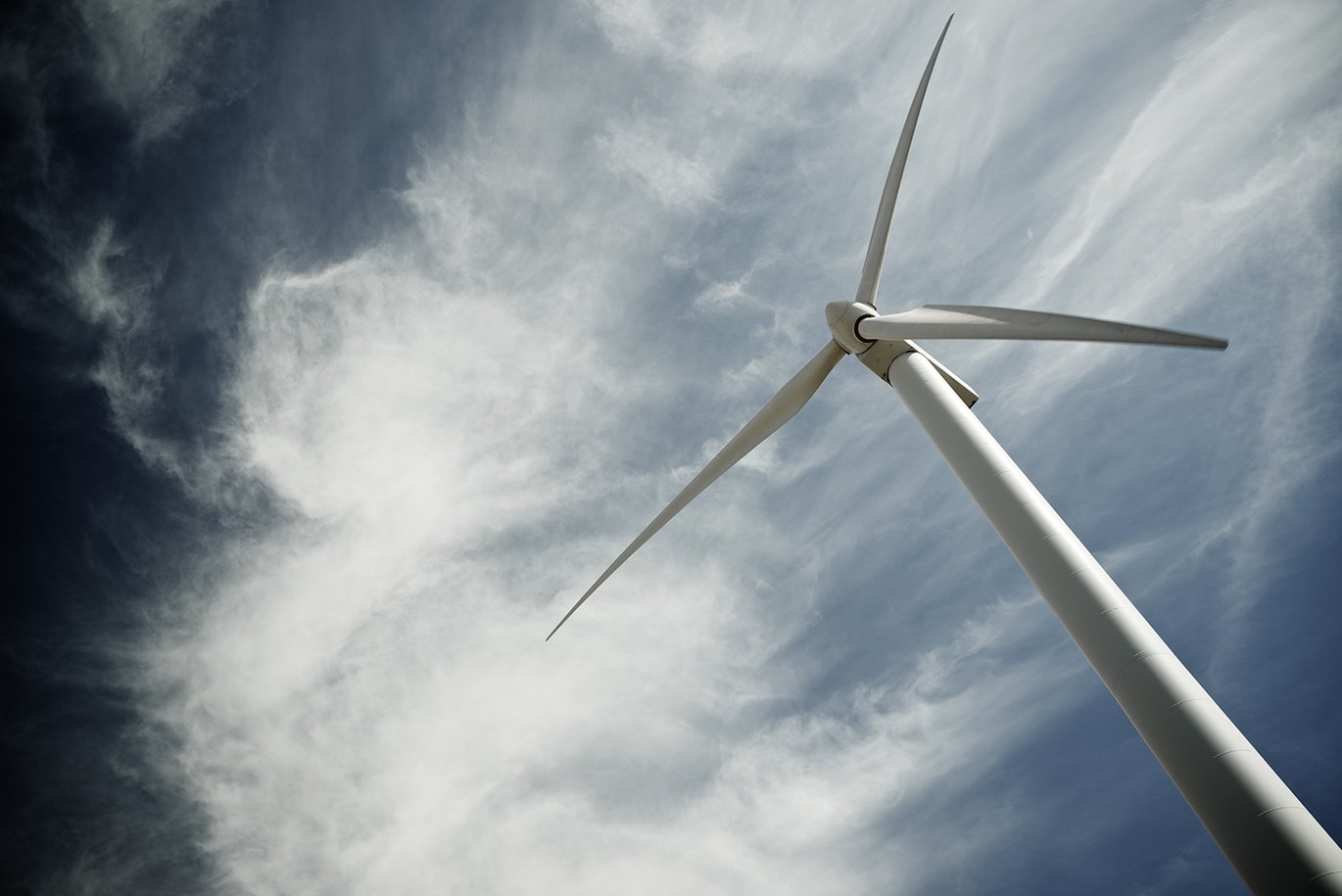Can security of supply and climate policy go hand in hand?
Yes! New research from Aarhus University shows that, at 10% additional cost, Europe’s future energy system could indeed supply stable and reliable energy while at the same time delivering net-zero CO2 emissions.

Frequent power outages and soaring electricity prices due to low wind production could be the future of the European energy system, as the system incorporates ever more renewable energy sources and shuts down conventional power plants.
But it is possible to ensure a reliable energy supply based on solar and wind, and which takes green climate ambitions and the goal of net-zero CO2 emissions into consideration. This is the result of new research from Aarhus University and others, published in the scientific journal Nature Communications.
"The extra cost we have to pay to make the system robust is affordable compared to the other investments that are needed to build a European energy system that’s based on 95% renewable energy. What’s important is that we hold back on phasing out all our thermal power plants because they can help us move towards a system with more security of supply," says Ebbe Kyhl Gøtske, research fellow at the Department of Mechanical and Production Engineering at Aarhus University, and first author of the new research paper.
He continues:
"The extra cost of ensuring an energy system that is resilient to 60 years of historical weather data is approximately 10%. Our model provides 99.9% resource adequacy and net-negative CO2 emissions slightly below zero, compared to 1990 levels."
Energy consumption at record levels
In 2024, Eastern Denmark experienced the highest electricity consumption ever. And with increasing electrification of both heating and transport, electricity consumption will only increase in the future. At the same time, the green transition of many industries means a greater demand for electricity to produce hydrogen, green fuels and chemicals.
Today, the Danish energy infrastructure only experiences a total of 3 minutes of outages per year. However, with increasing levels of fluctuating renewable energy sources and thermal power plant shutdowns, the number of these outages will increase significantly. Energinet estimates that power outages will total between 8-30 minutes in 2034.
And because we are closing more and more old power plants, we are becoming more and more dependent on foreign electricity imports. This is particularly problematic during periods of so-called dunkelflaute, when there is no wind and no sun and renewable energy production is at its lowest, not only in Denmark but also in our neighbouring countries, which are also phasing out their power plants.
"We’re facing a huge expansion of renewable energy across Europe, but there’s a lot of uncertainty about whether it’s possible to ensure a robust energy system with such a high share of renewable energy. Our models show that it is feasible, even if electrification of various sectors requires energy production that is 3-4 factors larger than today. But the risk of resource inadequacy increases as we phase out old power plants, so we should be strategic about which power plants to keep as a reserve load," says Ebbe Kyhl Gøtske.
The research was conducted by researchers from Aarhus University, DTU and the Technical University of Berlin and was published in Nature Communications in December 2024.
Contact
Ph.d. Ebbe Kyhl Gøtske
Institut for Mekanik og Produktion, Aarhus Universitet
Mail: ekg@au.dk
Tlf.: +45 50512819
Associate Professor Marta Victoria
Mail: mvp@mpe.au.dk
Tlf: +45 22631595
This research was partially funded by the DFF-Sapere Aude Project EXTREMES
